The reason why the coffee turns sour when it is cold, is the coffee hot or cold?
I don't know if you have ever encountered that after I had just made a pot of coffee, I thought it was delicious, and I was going to spare 10 minutes for a detailed taste, when suddenly there were some emergencies to deal with. More than half an hour later, I was finally able to taste my own coffee, but found that the taste of the coffee was not right, and it was very different from when it was first washed out.
This is not caused by the level of brewing, in fact, the flavor of coffee is not as good as it used to be (note: this is not to say that the coffee becomes bad after it is cooled, it is not as good as when it is hot). Therefore, Qianjie came to share with you what happened when the coffee changed from hot to cold. The flavor of coffee is not as good as when it is hot, in part because the aroma of coffee is lost. Qianjie also talked about the knowledge of sharing the flavor of coffee. A considerable part of the flavor we taste when drinking coffee comes from the aroma. When the coffee is first brewed, there are more volatile flavor substances, so the freshly brewed coffee will be very delicious.
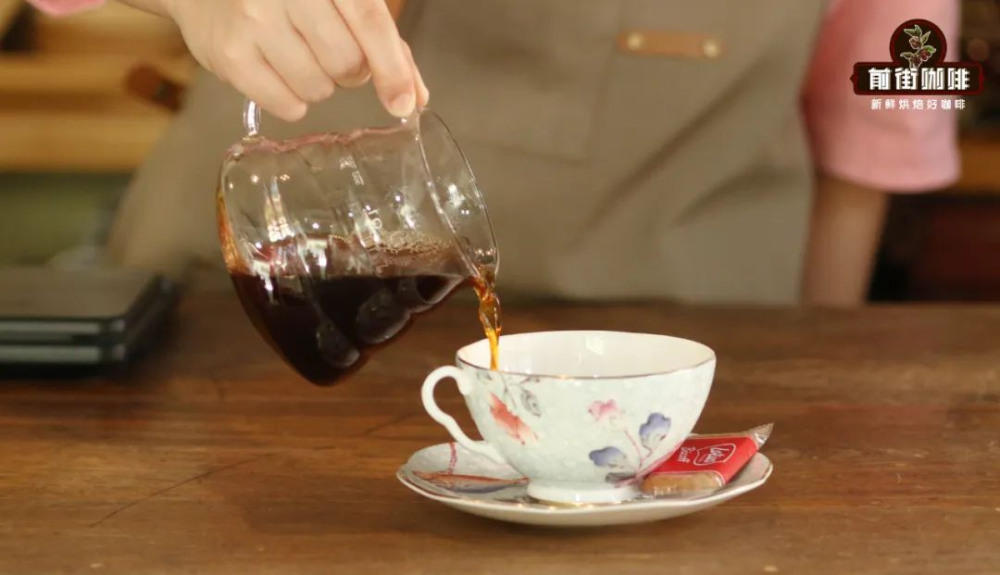
After the coffee gets cold, a considerable part of the volatile flavor compounds have volatilized, so there is not much aroma when sniffing the coffee, and there may be only some furan molecules that produce sweet fruit (or nothing at all). In this case, the experience is much worse when the coffee gets cold. Although most of the oil can be filtered out by using filter paper to filter coffee, there will still be oil in coffee, but the amount is less, so it is difficult to find it without careful observation. This part of the fat provides a smooth taste. However, if the coffee is placed for a period of time (after the coffee is cold), the oil oxidizes directly with the air and forms a lump, which not only affects the taste, but also produces a fuel consumption smell similar to that of heated oil which has been kept for a long time (unpleasant smell).
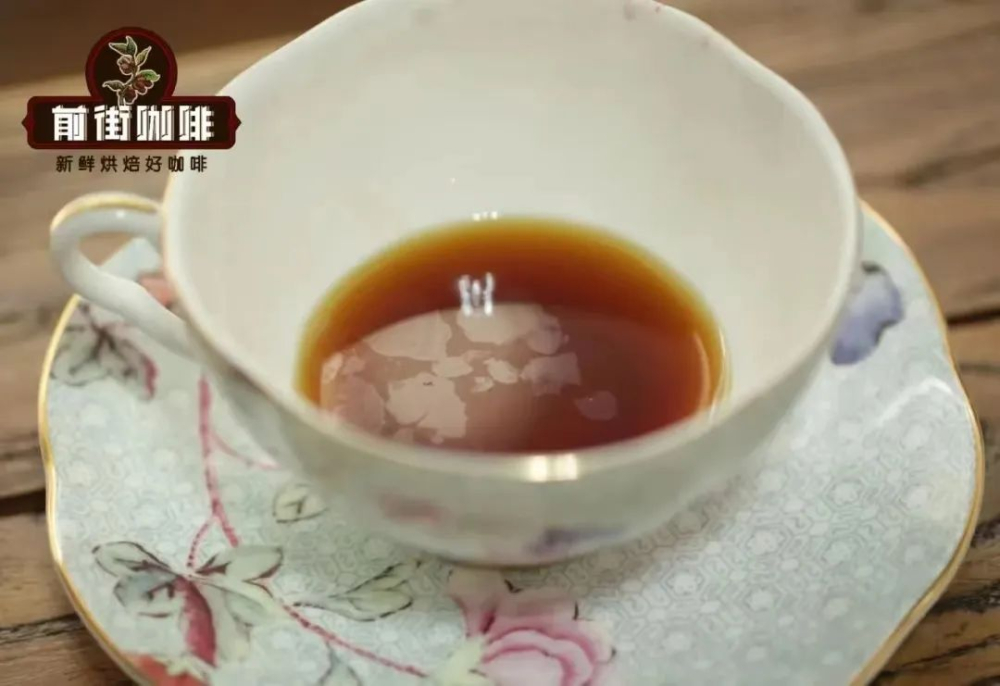
Pigment oxidative polymerization if you leave the filter paper intact for half an hour after brewing coffee, you will see that the edge of the filter paper is scorched black. This is the "oxidative polymerization of pigment" at work.
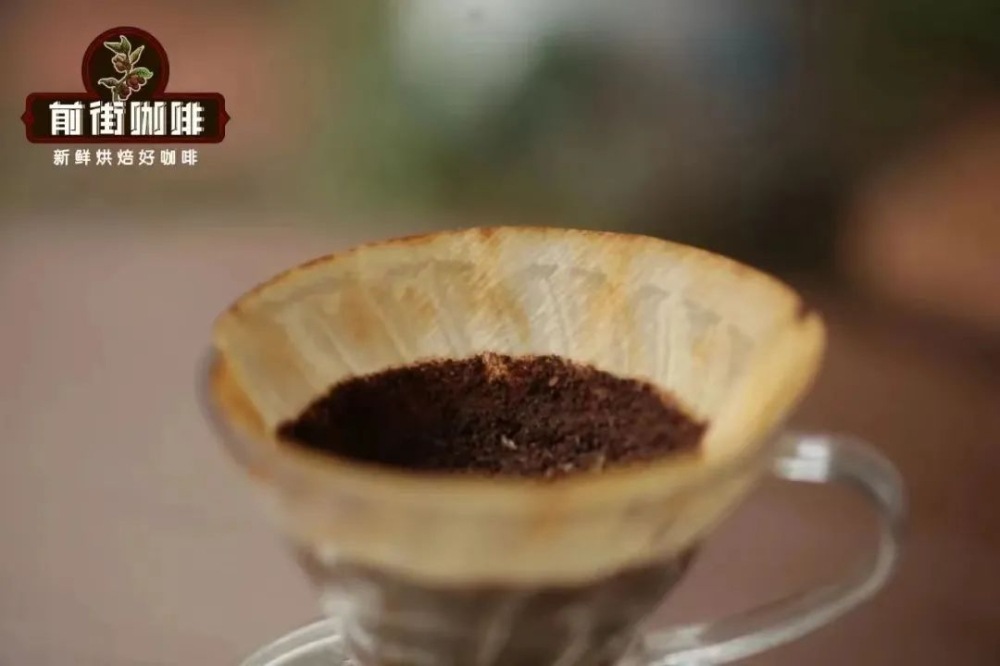
These brown pigments are produced by the caramelization reaction during coffee roasting and dissolve into the coffee during brewing. These pigments provide the coffee with flavors such as caramel and chocolate. However, if you feel bitterness after the coffee gets cold, the pigment is oxidized and polymerized. This is also the reason why deep-roasted coffee doesn't taste good when it gets cold. Condensation if the coffee becomes cold, you find that the coffee liquid becomes cloudy, this is because some substances in the coffee produce condensation after the temperature drops. These condensed substances will give the coffee a rough taste like sand.
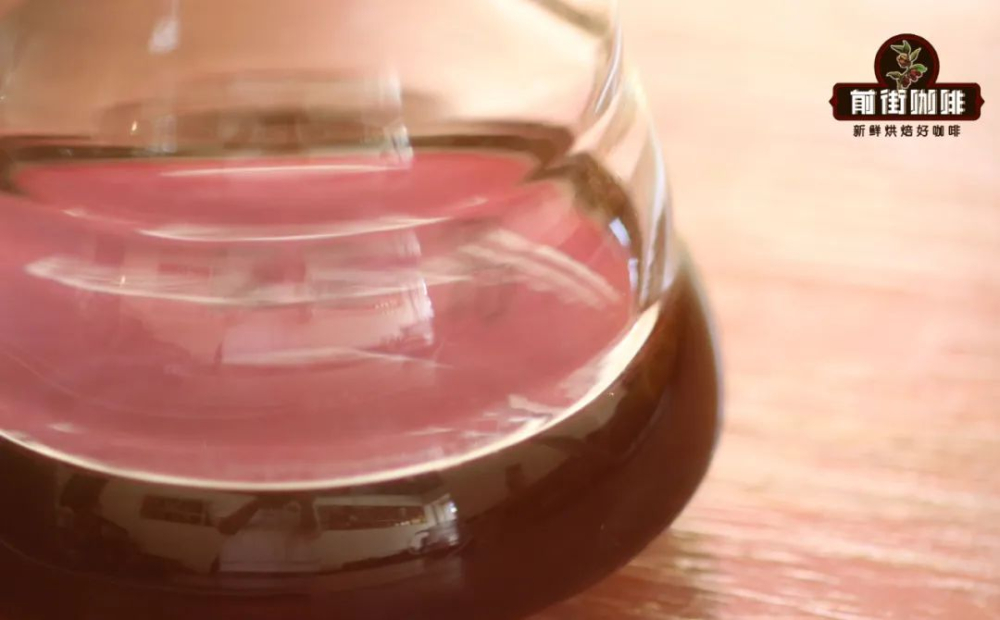
In addition to some bad sensory experiences when coffee gets cold, our taste buds have different sensitivities to sweet, sour and bitter tastes at different temperatures. A cup of coffee contains sour, sweet and bitter substances. When we think coffee is very sour, it is because coffee contains a large proportion of sour substances. When we think that coffee is a little bitter, it is because there are more bitter substances released, and sour and sweet substances cannot cover up the taste of bitter substances. This is objective! As the temperature drops, a cup of coffee becomes more and more sour, which belongs to our sensory subjective perception, because the sour, sweet and bitter substances of a cup of coffee are fixed after brewing and do not change with the drop in temperature. But in our perception of sweet, sour and bitter taste, the sour taste does not change with the temperature; the most obvious temperature for sweetness is the temperature close to the human body, about 32-42 degrees Celsius. The bitterness becomes more and more obvious as the temperature decreases.
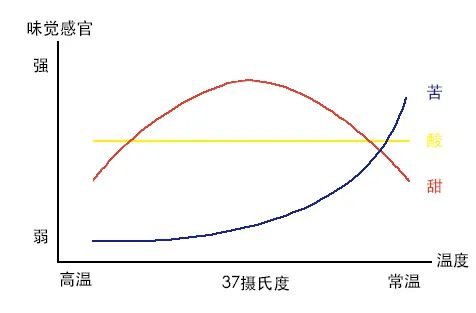
Therefore, if we feel that the coffee becomes sour after cooling, it is because the coffee itself does not have much bitter substance, and the sweet perception decreases, so it highlights the sour taste. And we feel that the coffee has a bitter taste after cooling, that is, this cup of coffee extracts more bitter substances, when it is hot, the bitter taste perception is not obvious, the sweet taste perception is obvious, so it can cover up the bitter taste, and when the temperature drops, the bitter taste is exposed.
Important Notice :
前街咖啡 FrontStreet Coffee has moved to new addredd:
FrontStreet Coffee Address: 315,Donghua East Road,GuangZhou
Tel:020 38364473
- Prev

What is the difference between the flavor characteristics of hand-brewed coffee between kalita trapezoidal filter cup and hario v60 filter cup
I don't know if you have noticed, except for some large chain brands, and few coffee shops use trapezoidal filter cups to produce hand-brewed coffee. now almost all of them are filter cups with conical large-hole structure. Qianjie will take you to explore. The first filter cup in the world is the trapezoidal filter cup of Melitta in Germany, which is a
- Next

How to adjust the Grinding degree of extracted Italian Coffee
Whether it is hand-brewed coffee or espresso, the degree of grinding is the most important parameter in coffee extraction, and it is also the most difficult to grasp the accuracy. Very often, we can only know that the grinding degree of espresso is much finer than that of hand-brewing, but there is no easy-to-understand data to tell you how detailed it is.
Related
- Beginners will see the "Coffee pull flower" guide!
- What is the difference between ice blog purified milk and ordinary milk coffee?
- Why is the Philippines the largest producer of crops in Liberia?
- For coffee extraction, should the fine powder be retained?
- How does extracted espresso fill pressed powder? How much strength does it take to press the powder?
- How to make jasmine cold extract coffee? Is the jasmine + latte good?
- Will this little toy really make the coffee taste better? How does Lily Drip affect coffee extraction?
- Will the action of slapping the filter cup also affect coffee extraction?
- What's the difference between powder-to-water ratio and powder-to-liquid ratio?
- What is the Ethiopian local species? What does it have to do with Heirloom native species?

